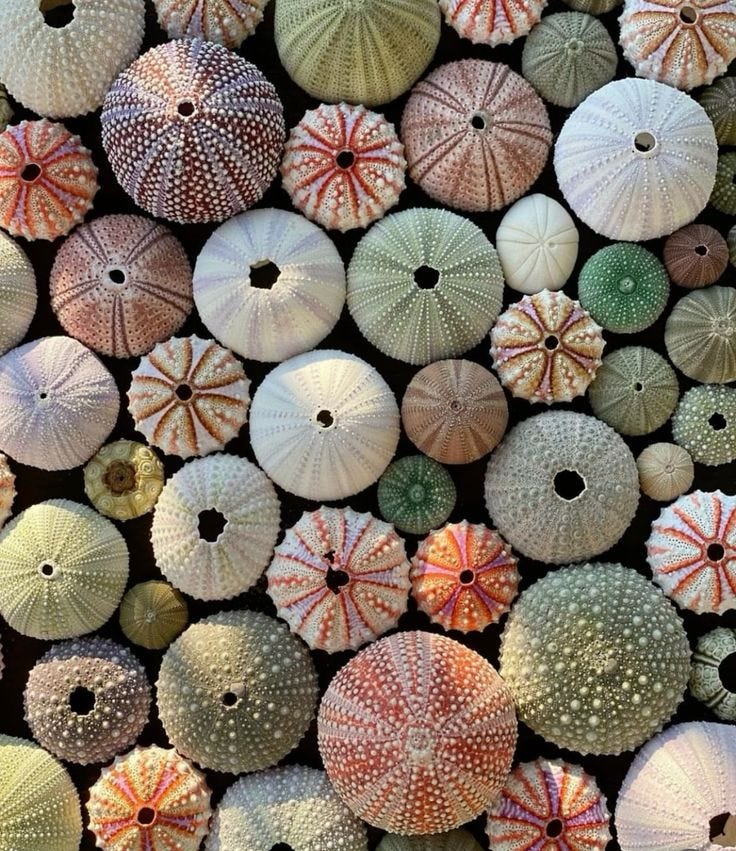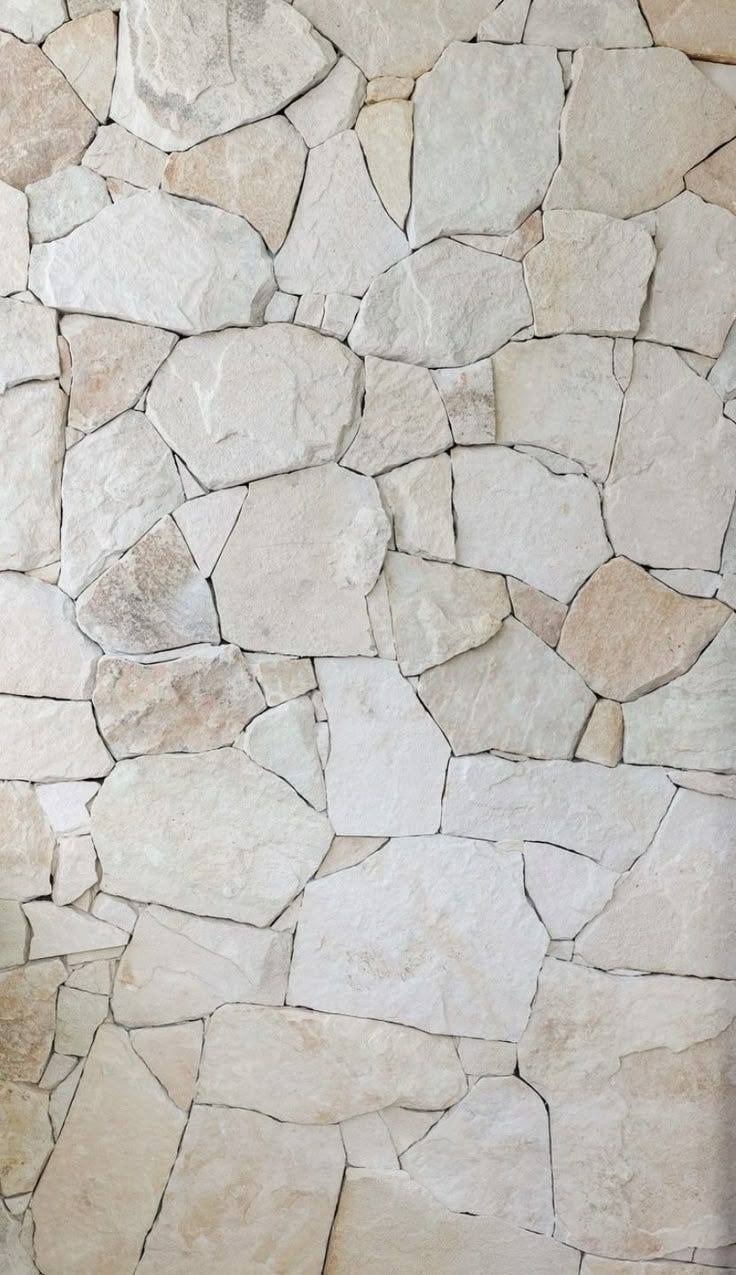Dear Sunday: return
your hero's journey, red fruit, and six reasons you should go for it
Hi you. It was another sunny summer day here. I’m wrapping up another camisole project (Camisole No. 9 in raw silk, colorway: Haze) and planning new knit projects to cast on next. What are you creating this week? I’m reading Jack Gilbert, Linda Gregg, Robert Bly, Joseph Campbell, and Jane Kenyon this weekend. What are you reading?
Since I gave my graduation commencement speech, I’ve been thinking about ways we come home in this world. The callings, the depths, the helpers, the various ways we return.
Return is not a rewind, but a re-entry. A circling. A re-arrival. To come back is not necessarily to go backward. It’s on my mind, especially in these long, sun-warmed days where everything feels a little slower, a little more golden, and time has its unique unfolding ethos. Summer carries the illusion of stillness, but there is movement even in the pause. Even now, we are returning to ourselves.
Return might look like finding your morning rhythm again, after weeks of disarray. It might be opening the book you abandoned last winter. It might be the sudden clarity that you’ve already arrived, and that this, now, is the place. It also might be bigger. You might be returning to your true self after a long, distant self-betrayal. Whatever you are returning to, wherever you are, there is wisdom in this return.
ALL DAY is a reader-supported publication featuring essays, letters, and thought projects. If my work moves you, please become a paid subscriber to support this publication. Your reciprocity means the world to me.
“Words have the ability to a be a medicine… and Lindsey’s writing feels just like that. Connecting us to our deeper animate self and the world around us, feels like such an important call to action at the moment and one in which she seems to do with beauty and ease and without us even knowing!!!” —Kate
In Taoist thought, the way forward is often described as the way back. The Tao Te Ching reminds us: “Returning is the motion of the Tao.”1 To return is to align, to come back into harmony with something original.
The word return comes from the Latin re- “again” and tornare “to turn on a lathe.” There is something beautiful in this idea of return as rotation, as reshaping, as art. The lathe doesn’t bring wood back to its original state. It brings it into form.
I recently got a letter from a reader while she was on a train. I read a letter from another reader at her lake house. And a third reader was visiting his parents. Another reader emailed me just this morning to ask how Dear Town is going (I shared details here about this special Port Townsend Arts Commission-supported summer project of mine). I read your letters with rapt attention and love each of you so much. I believe we are here together for a reason, and I’m here for the stories we’re telling.
As always, I’m on the other side of a letter.
In the arc Joseph Campbell named the Hero’s Journey, return is the final movement. The return with the elixir. After answering the call, crossing thresholds, facing shadows, finding the helpers, and surviving the underworld, the traveler comes home. But not unchanged. The one who returns is not the one who left.
What we call “return” is often the most challenging part. Anyone can leave. To leave is to be called (we all have callings). To return is to carry. We carry what we’ve seen, we carry what we’ve lost, we carry what we now know.
The elixir may not be a golden object or a grand truth. Sometimes it is a quiet knowing. A deepened gaze. The softened inner edge of someone who has walked through the fire and found something worth bringing back.
The road looks the same, but the feet are steadier. The light, somehow softer.
This is the part of the journey we talk about the least, but it may be the most vital. The return is where we integrate what we’ve gathered. And notably, we are witnessed. Not for personal glory, but for offering. For the village. For the children. For the land.
To return is to take what was earned in the depths and let it live in the light.
So often, we think of return with a hint of failure, as if not staying “forward” is a loss. But what if the return is devotion? Listening? Recalibration? What if going back is going deeper?
Right now, I’m in a season of a quiet (and surprising) return. Honestly, it’s been a dark journey. I’ve been tending to invisible roots, the ones that have finally allowed for clear growth. I’m returning to handwritten drafts next to bowls of fruit on the table, and I return to midday pauses.
There’s a small apricot pip on my desk. It’s not remarkable, but it fits perfectly in my palm. It sits next to a bejeweled frame I received as a gift the year I left Texas (now 17 years ago). A man I knew who worked at my favorite coffee shop bistro gave it to me.
The pit next to the frame is a kind of elixir. The future tree of golden elixirs, perhaps.
Prompts for Return
• What’s something you’ve recently returned to—an object, a practice, a way of being?
• Is there a place in your life that’s asking for your return?
• What does it feel like in your body when you return to yourself?
• What everyday object reminds you of the act of returning?
• Write a letter to a former version of yourself—what do you now understand?
This week, I hope that something small and overlooked reveals itself to you again. That you speak your own name aloud, and it sounds just right. That you find a moment of peace and reflect on your own hero’s journey.
I’m always on the other side of a letter!
Love,
Lindsey
PS, My upcoming August class is going to be so wonderful. The Every Day is an excellent class for you if you’ve been wanting to dip your toes into litearary poetry and aren’t sure how just yet, it’s perfect for you if you’re a seasoned poet and want to incorporate more accessibility into your poetry, it’s wonderful because we focus on the everyday image as a critical aspect of a poem’s heart. Here’s what some of my students from the first class said:
“While I have long enjoyed writing poetry, Lindsey’s clear, kind and concise guidance truly inspire me to embrace the practice more, to let go and allow the creativity to move me into my love of poetry. Lindsey creates a kind, concise and generous workshop in which all who care to participate can thrive. I wish for four more weeks. Thank you, so much, Lindsey!” —Pamela
“This was my first ever poetry class and I couldn't ask for a better place to start. Lindsey introduced us to an endless source of inspiration and showed us ways to write about it. She's a very sensitive and supportive teacher. Highly recommended.”
—Margaret
ALL DAY’s JULY MUSES
Tao Te Ching by Lao Tzu, verse 40









